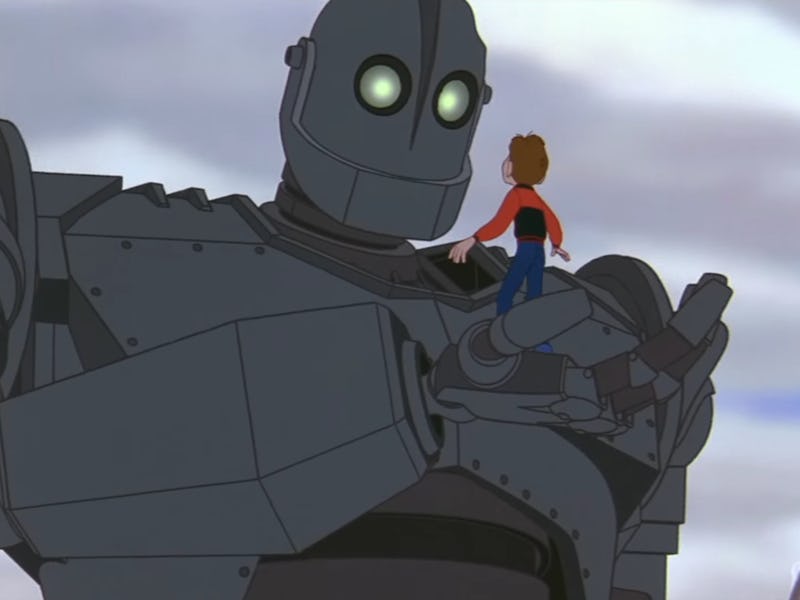A Robot Lawyer A.I. is Helping Nervous Clients State Their Case

A robot lawyer is about to start taking on clients in Australia, helping people put their case forward and make sense of their story. Doogue O’Brien George, the Melbourne firm behind the online service, has designed the system to ask a series of questions to users, before emailing a document that is suitable for presenting in court.
“You see people constantly come out of court and they’re quite distressed, because they haven’t told their story, they just haven’t been able to,” Bill Doogue, partner at Doogue O’Brien George, said in a report published Tuesday.
The system has its limits. Users must be pleading guilty, cannot intend to contest the facts and the offence must be something minor, like a drink driving fine. Oh, and like most initial versions of artificial intelligence, the system assumes the user will give simple, predictable answers. It isn’t a substitute for a real lawyer, but Doogue hopes it will offer a base level of support to people who can’t afford the legal fees.
“You will often find people talking about their case afterwards saying, ‘I wish I told the magistrate about my problem’ or something to that effect,” Doogue said in a report published last Thursday. “Often, people are overwhelmed by speaking in public and so they are not able to articulate their position. They may be nervous, anxious and perhaps intimidated by the court setting and the public nature of the process.”
A similar service, invented by Stanford University student Joshua Browder, aims to give people legal advice at an earlier stage in proceedings. DoNotPay, a robot lawyer chatbot initially developed to help people fight parking tickets, is now helping people who have been made homeless understand their housing rights. Browder has big plans to expand the service and help more people get the support they need for free.
Lawyers are also using A.I. themselves to lighten their workload. Luminance, a service developed for mergers and acquisitions, helps professionals identify potential legal issues by scanning documents during the due diligence process. Another A.I., developed by a team of universities, was able to judge cases put before the European Court of Human Rights (ECtHR) with incredible accuracy, matching with the real-world outcome 79 percent of the time.
It’s unlikely that lawyers will be replaced by robots in the next few years, but it’s clear that the profession is heading towards a future where lawyers work with machines to get the job done quicker, allowing them to focus on the more human sides of the job.